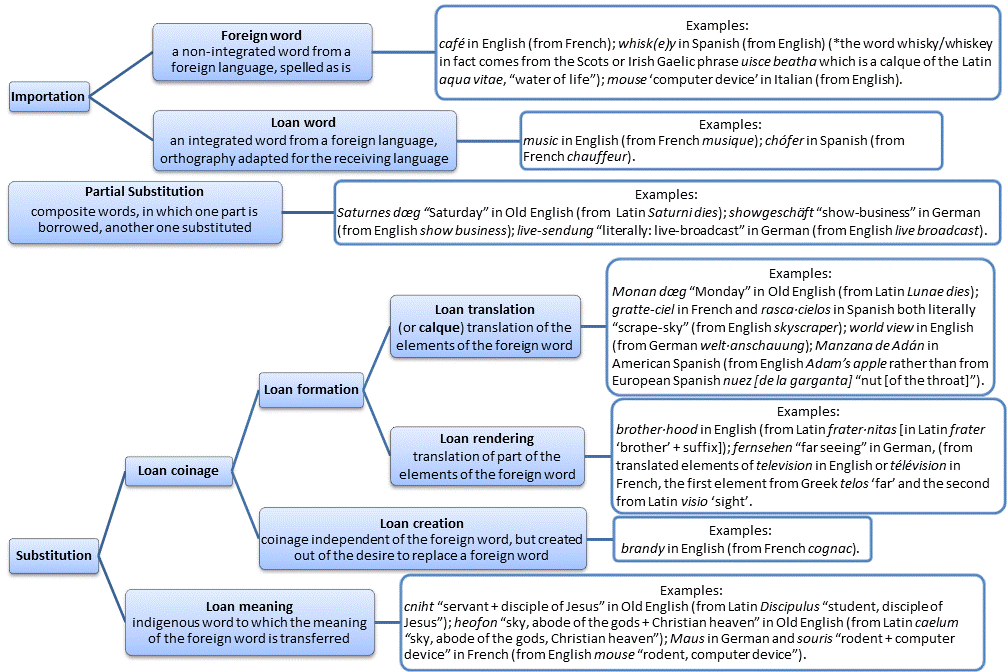| A bad excuse is better than none. | Always give an excuse, even if it's a poor one. |
| A bad penny always turns up. | An unwanted or disreputable person constantly comes back. |
| A bad tree does not yield good apples. | A bad parent does not raise good children. |
| A bad workman blames his tools. | Blaming the tools for bad workmanship is an excuse for lack of skill. |
| A barking dog seldom bites. | Someone who constantly makes threats rarely carries them out. |
A bird in hand is worth two in
a bush. | It is better to keep what you have rather than to risk losing it by searching for something better. |
| A black plum is as sweet as a white. | People should not be judged by their appearance. |
| A book holds a house of gold. | There is a wealth of knowledge in books. |
| A broken friendship may be soldered but will never be sound. | Friendships can be rebuilt after a dispute but will never be as strong as before. |
| A burden of one's own choice is not felt. | Something difficult seems easier when it is done voluntarily. |
| A burnt child dreads the fire. | A bad experience will make people stay away from certain things. |
| A burnt child dreads the fire. | A bad experience will make people stay away from certain things. |
| A calm sea does not make a skilled sailor. | A person shows their competence or ability when difficulties arise. |
| A cat has nine lives. | 1) Cats can survive many accidents because they land on their feet without injury.
2) Nine lives = 3 years to play, 3 years to stray, 3 years to stay. |
| A chain is no stronger than its weakest link. | The strength of a group depends on each individual member. |
| A change is as good as a rest. | A change in routine is often as refreshing as a break or a holiday. |
| A constant guest is never welcome. | If you come to visit too often, your host will be less pleased to see you. |
| A danger foreseen is half avoided. | If you are prepared to face a problem or difficulty, it will be easier to deal with. |
| A day of sorrow is longer than a month of joy. | Times goes by very quickly when you are happy
and very slowly when you are sad. |
| A drop of ink may make a million think. | A thought expressed in writing (perhaps published in a newspaper) can influence a large number of people. |
| A dry March, a wet April and a cool May fill barn and cellar and bring much hay. | Harvest predictions are made according to the weather. |
| A fault confessed is half redressed. | Confession is the beginning of forgiveness. |
| A flower blooms more than once. | If you miss an occasion, you can avail yourself of it another time. |
A fly will not get into a closed mouth.
A closed mouth catches no flies. | If you learn when to keep silent you will avoid trouble. |
| A fool and his money are (soon) easily parted. | A foolish person usually spends money carelessly. |
| A fool at forty is a fool forever. | If a person hasn't matured by the age of 40, they never will. |
| A friend in need is a friend indeed. | Someone who helps you when you are in trouble is a real friend. |
| A friend to all is a friend to none. | Someone who is a friend to everyone makes none of them feel special. |
| A friend's eye is a good mirror. | A real friend will tell you the truth. |
| A good beginning makes a good end. | If a task is carefully planned, there's a better chance that it will be well done. |
| A good conscience is a soft pillow. | You sleep well when you have nothing to be guilty about. |
| A good example is the best sermon. | Giving a good example is better than giving advice. |
| A good name is better than a good face. | A good reputation is better than a good appearance. |
| A growing youth has a wolf in his belly. | Young boys eat a lot / are often hungry. |
| A guilty conscience needs no accuser. | If you know that you have done something wrong, you don't need anyone to tell you that you're guilty. |
| A handful of patience is worth more than a bushel of brains. | Patience is more precious than intelligence. |
| A happy heart is better than a full purse. | Happiness is better than wealth. |
| A heavy purse gives to a light heart. | When you have money you feel more cheerful
and secure. |
| A hedge between keeps friendship green. | It is important to respect the privacy of others. |
| A hungry belly has no ears. | A hungry person is totally concentrated on their need for food and nothing else interests them. |
| A hungry wolf is fixed to no place. | A desperate person will go from place to place when they need to satisfy their needs. |








